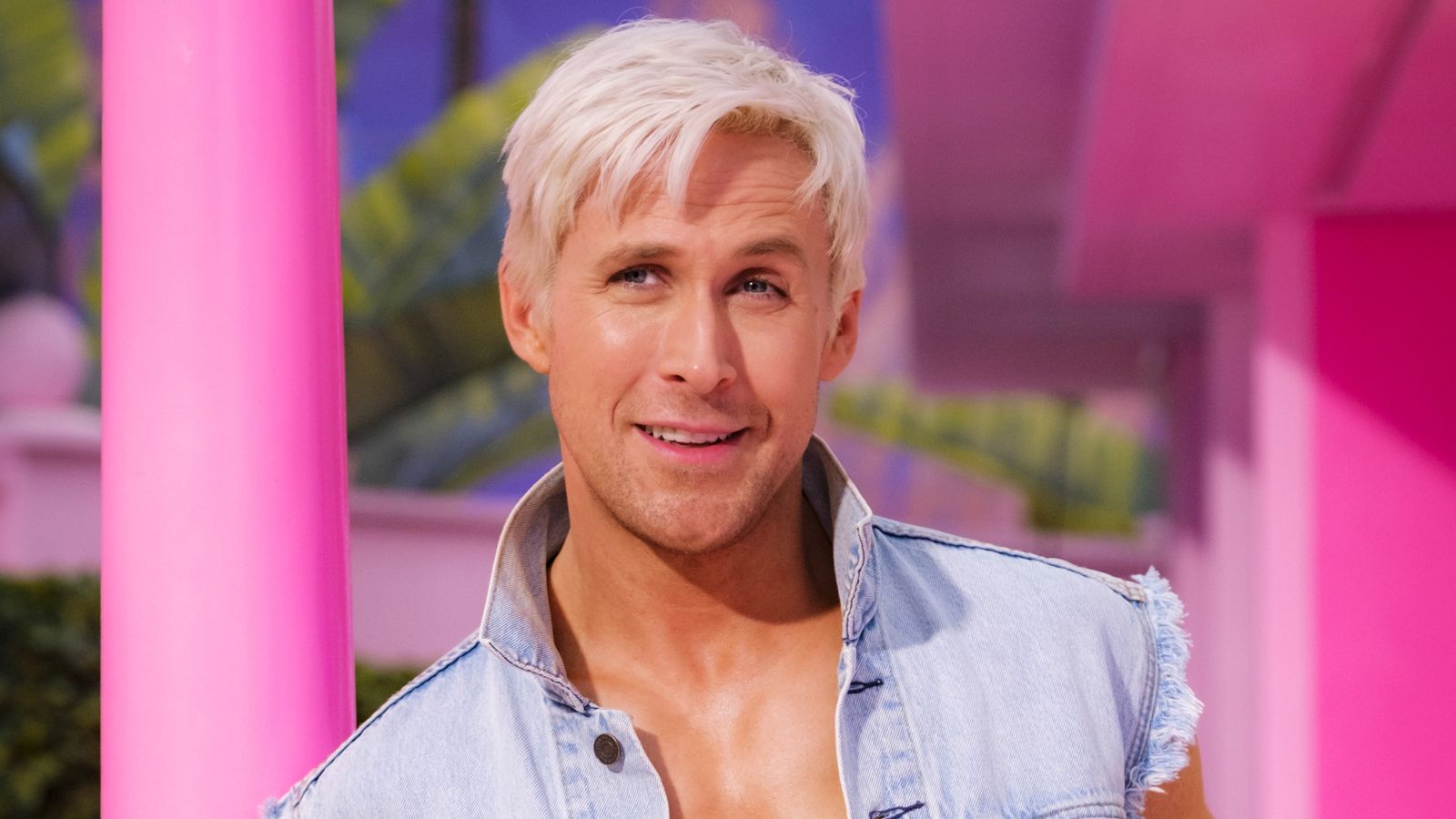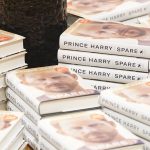Kuwait has banned the film Barbie in a bid to protect “public ethics and social traditions,” while a Lebanese minister has made moves to censor the film on grounds it “promotes homosexuality and sexual transformation”.
The Kuwaiti ban came shortly after Lebanon’s culture minister Mohammad Mortada criticised the movie, saying it “contradicts values of faith and morality” by diminishing the importance of the family unit.
Barbie, directed by Greta Gerwig and starring Margot Robbie and Ryan Gosling, has taken more than $1bn (£784m) in box office sales worldwide – a cool “Barbillion” as it’s been dubbed. It is the first film by a solo female director to surpass the billion-dollar benchmark.
Mr Mortada said the storyline supports rejecting a father’s guardianship, undermines and ridicules the role of the mother, and questions the necessity of marriage and having a family.
The minister is backed by the armed Shi’ite armed group Hezbollah, whose head Sayyed Hassan Nasrallah has recently ramped up rhetoric against the LGBT community, including a recent speech in which he said homosexual acts should be punished by death.
He called on Lebanese authorities to take action against materials he deemed to be promoting homosexuality, including by “banning” them, and said homosexuality posed an “imminent danger” to Lebanon and should be “confronted”.
In the case of a homosexual act, Nasrallah said in late July, “from the first time, even if he is unmarried, he is killed”.
Barbie execs ‘speechless’ as film tops $1bn in box office sales
Ex-Love Island star Chris Hughes ‘spoken to’ by BBC over Barbie remark to female cricketer
Barbenheimer backlash as Warner Bros regrets ‘insensitive’ social media posts
Lebanon’s interior minister Bassam Mawlawi has now referred the movie to the country’s general security’s censorship committee, who will review the film and give a recommendation.
While the film does not contain any overt references to same-sex relationships, it has been widely embraced by LGBT audiences worldwide.
It had been due to be screened in Lebanon’s cinemas from 31 August.
Last year, Mr Mawlawi banned events “promoting sexual perversion” in Lebanon, which was understood to refer to LGBT-friendly gatherings.
Click to subscribe to Backstage wherever you get your podcasts
On Tuesday, Lebanon’s cabinet urged citizens to “cling” to family values following a meeting with the country’s top Christian cleric Patriarch Bechara Boutros al-Rai, although it did not mention the LGBT community specifically.
Ayman Mhanna, executive director at the non-profit civic Samir Kassir Foundation (a non-profit organisation which promotes democracy and human rights in Lebanon and across the Arab world), told Reuters that Mortada’s move came amid “a wave of bigotry”.
Mr Mhanna said: “This is part of a broader campaign that is bringing together Hezbollah, the Christian far right, and other top religious leaders in a focused campaign against LGBT people”.
Previously seen as a safe haven for the LGBT community within the largely conservative Middle East, Lebanon was the first Arab country to hold a gay pride week in 2017.
Barbie has also been banned in Vietnam over a scene featuring a map that shows China’s unilaterally claimed territory in the South China Sea. In the Philippines, the same scene featured a blurred-out map.
Barbie’s release was delayed in Pakistan’s Punjab province over “objectionable content”.
Meanwhile, at the same time as Kuwait banned Barbie, it also banned the Australian horror film Talk To Me, which includes a transsexual actor in its cast.






















